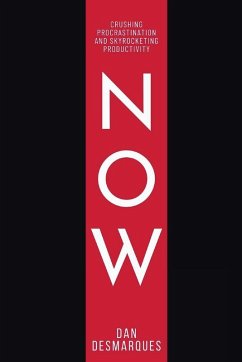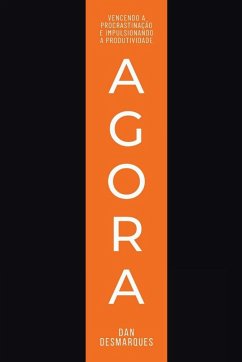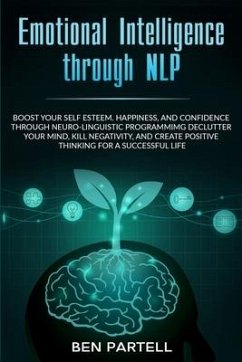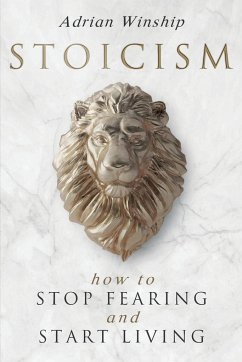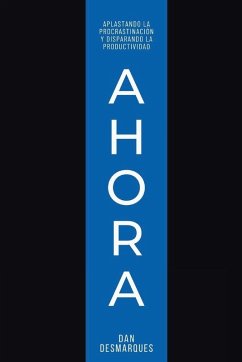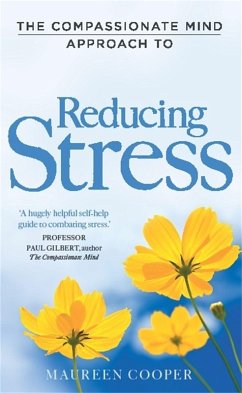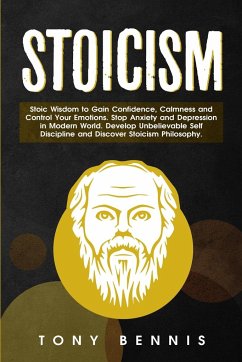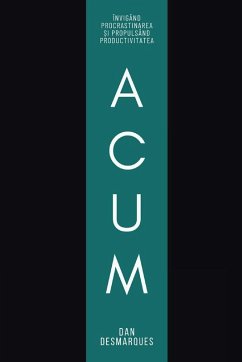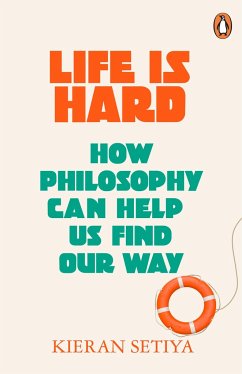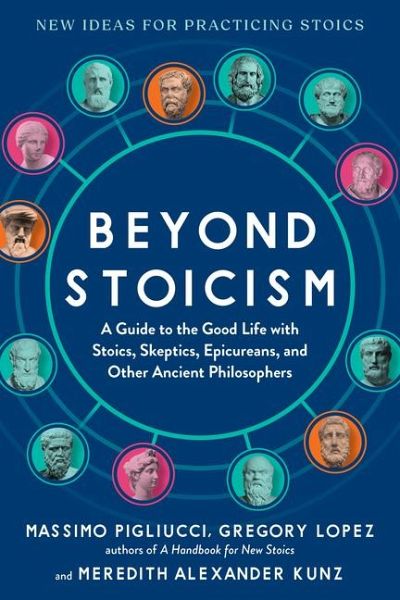
Beyond Stoicism
A Guide to the Good Life with Stoics, Skeptics, Epicureans, and Other Ancient Philosophers
Versandkostenfrei!
Versandfertig in über 4 Wochen
17,99 €
inkl. MwSt.

PAYBACK Punkte
9 °P sammeln!
What is a good life? And how can we create that life in a world filled with uncertainty? Beyond Stoicism invites you to find your own answers to these big questions with help from thirteen of the most prominent Greco-Roman philosophers-many of whom inspired, or were inspired by, the Stoics. By taking cues from the lives and ideas of the Cynics, Epicureans, and others, you'll learn to: * Seek pleasure with Aristippus * Strike the right balance with Aristotle * Focus on what's up to you with Epictetus * Be a rebel like Hipparchia * Embrace uncertainty with Carneades * Question everything wit...
What is a good life? And how can we create that life in a world filled with uncertainty? Beyond Stoicism invites you to find your own answers to these big questions with help from thirteen of the most prominent Greco-Roman philosophers-many of whom inspired, or were inspired by, the Stoics. By taking cues from the lives and ideas of the Cynics, Epicureans, and others, you'll learn to: * Seek pleasure with Aristippus * Strike the right balance with Aristotle * Focus on what's up to you with Epictetus * Be a rebel like Hipparchia * Embrace uncertainty with Carneades * Question everything with Socrates * Work toward a just society with Plato * And much more Times have changed, but the quest for eudaimonia-a life worth living-stays the same: We still seek pleasure and crave love, avoid pain and fear death. That's why all these ancient sages can continue to guide us, practicing Stoics and new seekers alike. With exercises to help you test-drive each philosophy today Publisher's Note - Errata: The first printing of Beyond Stoicism duplicates page 188 on page 118. Readers may download page 118 at the Beyond Stoicism page at theexperimentpublishing.com.




